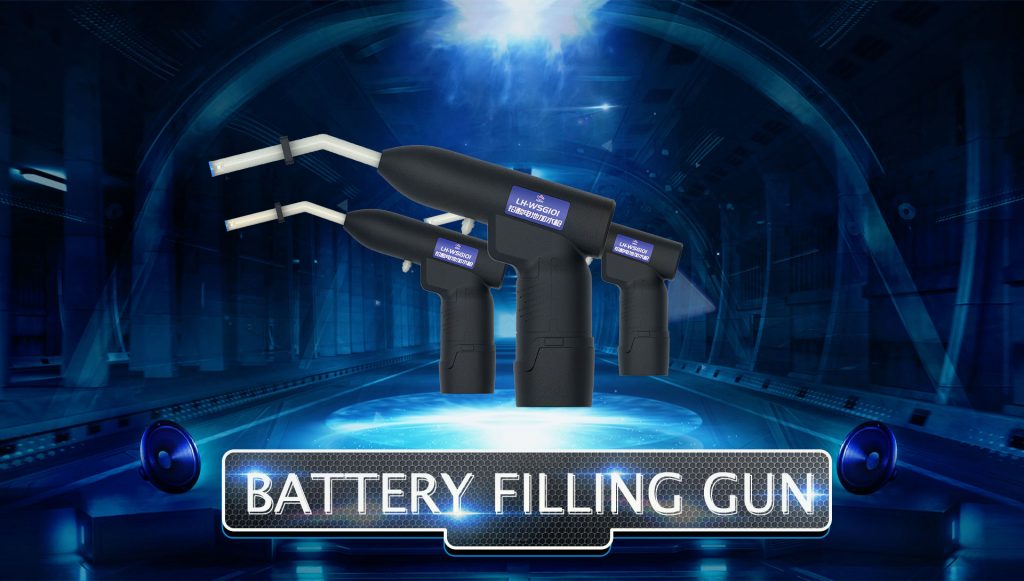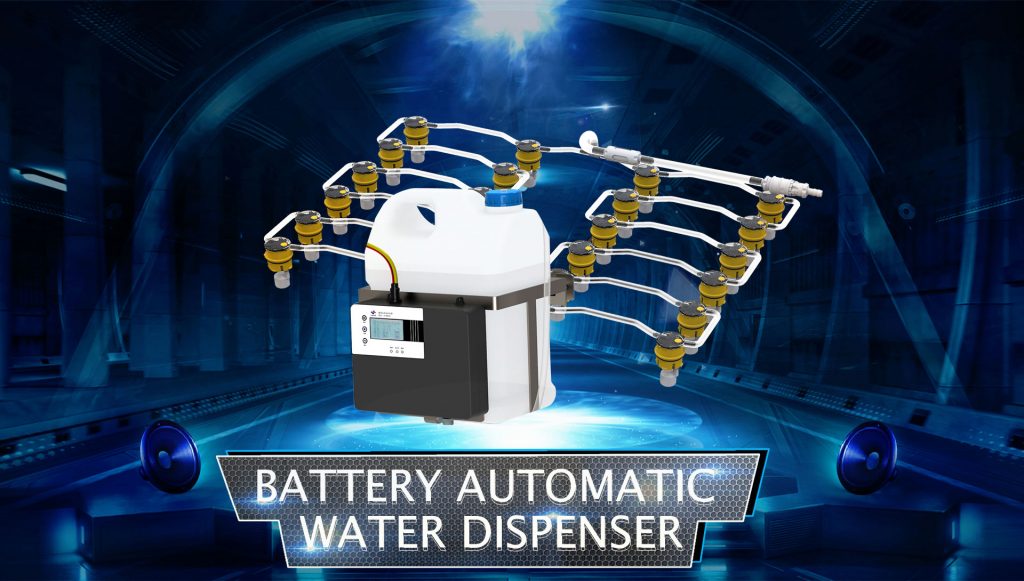In the maintenance of forklift batteries, adding distilled water is an essential step in maintenance. However, many drivers do not perform maintenance work well, and often add water not in time, causing the battery to “die of thirst”, which will seriously affect the service life of the battery. In severe cases, the battery will be scrapped. The following is a brief introduction to the impact of forklift battery drying, and how to avoid it.
The electric forklift battery is a lead-acid battery, which is composed of tubular plates and electrolytes. It is a working process from chemical energy to electrical energy. Electric forklift batteries are mostly used in vehicles with electric power output at home and abroad. Because of their low price and good stability, they are widely used. Electric forklift batteries are also called forklift batteries, which are traditionally called. The electrolyte of the battery is made of sulfuric acid and distilled water in proportion. During the use of battery forklifts, the temperature of the battery rises, and frequent charging and discharging will cause electrolyte ratio imbalance. , and even the concentration of sulfuric acid becomes larger to form corrosion.
What will happen if the forklift battery is dry?

The forklift battery should be regularly supplemented with an appropriate amount of distilled water to make up for water consumption. Only by adding an appropriate amount of distilled water can the normal charge and discharge function of the electrolyte be maintained and the service life of the battery maintained. If ordinary water is added, the impurities contained in it will be deposited on the electrodes, resulting in insufficient charging or even failure to charge, so distilled water must be used. Generally, if the water is dry, it will cause the plate to burn, short circuit, and the active material of the electric forklift battery will fall off. The water loss of the battery is due to the precipitation of oxygen at the positive electrode of the battery and the precipitation of hydrogen at the negative electrode during charging, that is, part of the electric energy is consumed in the electrolysis of water. Especially when overcharging is very serious. The loss of water in the battery will cause irreversible sulfation of the battery plate, reduce the battery capacity, and seriously cause the battery to be scrapped. The forklift battery has the characteristics of less water loss and less volatilization of electrolyte, which meets the design standards of electric forklifts at home and abroad.
When do forklift batteries need to be rehydrated?
Forklift batteries should be replenished with water once a month, and other types of batteries should be supplemented with distilled water regularly depending on the water consumption. For batteries that are not in use temporarily, water replenishment can be delayed for several months. After adding water to the battery, it should be supplemented with an appropriate amount of electricity. If the liquid level of some batteries drops rapidly and the water is replenished frequently, check whether the limit voltage of the regulator on the car is adjusted too high. If it is too high, overcharging will occur, the water consumption will be large, and the evaporation will be fast. This situation can be solved by adjusting the limit voltage. If individual batteries drop rapidly, check whether there is a short circuit.

The battery automatic water filling system can effectively solve the problem of water filling and maintenance. The battery automatic water filling system is a reliable, convenient, stable, and safe water filling system for forklifts and other electric vehicle flooded batteries. The gravity mode can be selected for automatic water replenishment without electric booster water replenishment.
The battery automatic water filling system is composed of a valve-controlled liquid injection plug, a water connection pipe, a flow indicator, a quick connector, and a gravity water tank. It can effectively simplify the complicated and error-prone maintenance work, and improve the efficiency of battery water maintenance. Balance the liquid level height, reduce the difference of battery characteristics, and prolong the service life of the battery.
